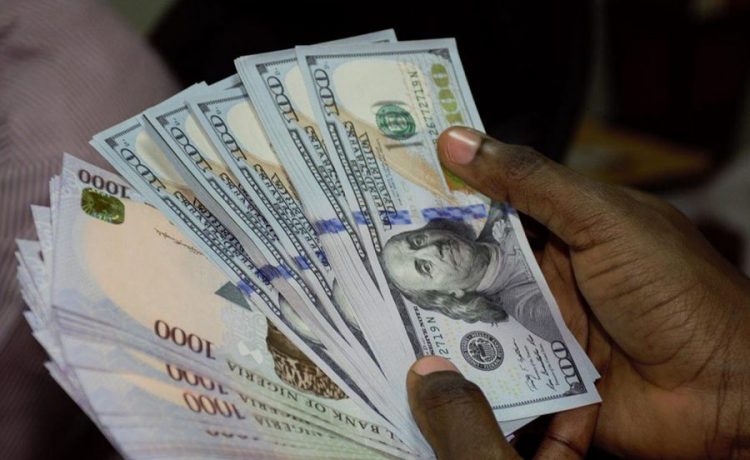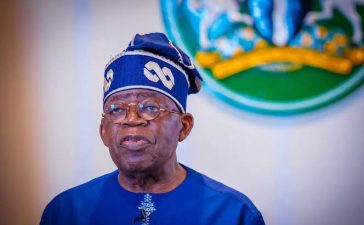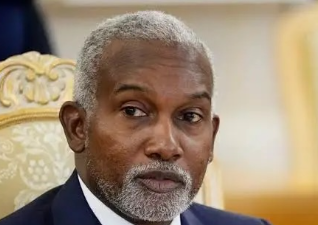The Naira, Nigeria’s national currency, continues its steep decline, with the black market exchange rate hitting a record high of ₦1,635 per US dollar. This alarming development underscores the widening gap between the official exchange rate and the parallel market, raising concerns about the country’s economic stability.
The Naira’s depreciation is not a sudden occurrence but a reflection of the mounting pressures on Nigeria’s foreign exchange reserves and the persistent demand for dollars, which far exceeds supply. The Central Bank of Nigeria (CBN) has struggled to stabilize the currency through various monetary policies, but the black market continues to thrive due to limited access to foreign currency through official channels.
Several factors contribute to the Naira’s free fall, including Nigeria’s overreliance on oil exports, which account for over 90% of the country’s foreign exchange earnings. The volatility in global oil prices has significantly reduced Nigeria’s revenue, leading to a drop in foreign reserves. Additionally, the aftermath of the COVID-19 pandemic, ongoing economic reforms, and the uncertainty surrounding the upcoming general elections have further dampened investor confidence, exacerbating the demand for foreign currency.
The implications of the Naira’s depreciation are profound. The rising exchange rate has led to an increase in the cost of imported goods, fueling inflationary pressures in an economy already grappling with high unemployment and low growth rates. Businesses, particularly those dependent on imports, are facing higher operational costs, which are likely to be passed on to consumers, further squeezing household incomes.
Furthermore, the divergence between the official and black market rates has created opportunities for arbitrage, where individuals and businesses exploit the difference between the two rates to make profits. This practice not only undermines the CBN’s efforts to manage the exchange rate but also contributes to the persistence of a dual exchange rate system, which distorts economic planning and policy implementation.
The government and the CBN are under increasing pressure to address the Naira’s decline and restore confidence in the currency. However, experts argue that without a comprehensive approach that includes diversifying the economy, boosting non-oil exports, improving foreign investment inflows, and enhancing transparency in the foreign exchange market, the Naira may continue its downward spiral.
As the Naira struggles to find its footing, Nigerians are left grappling with the economic realities of a depreciating currency, with the black market rate serving as a stark reminder of the challenges facing the nation’s economy in 2024.







